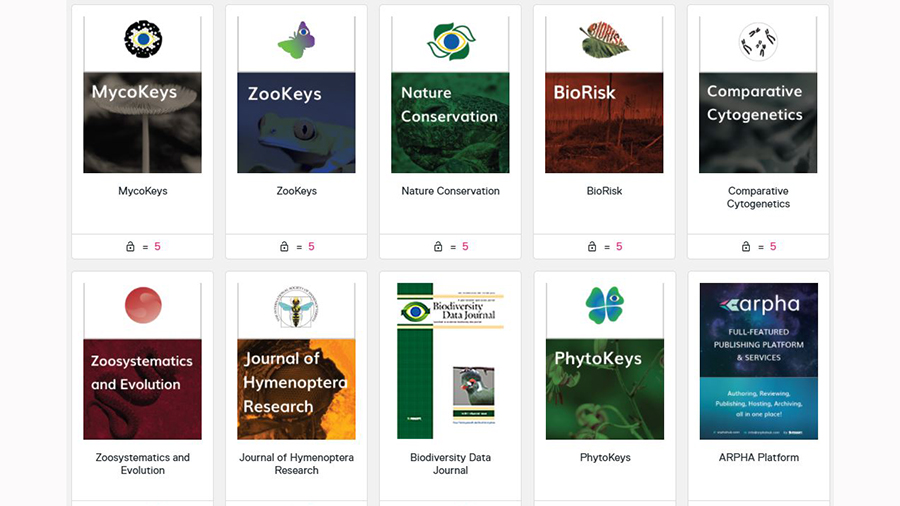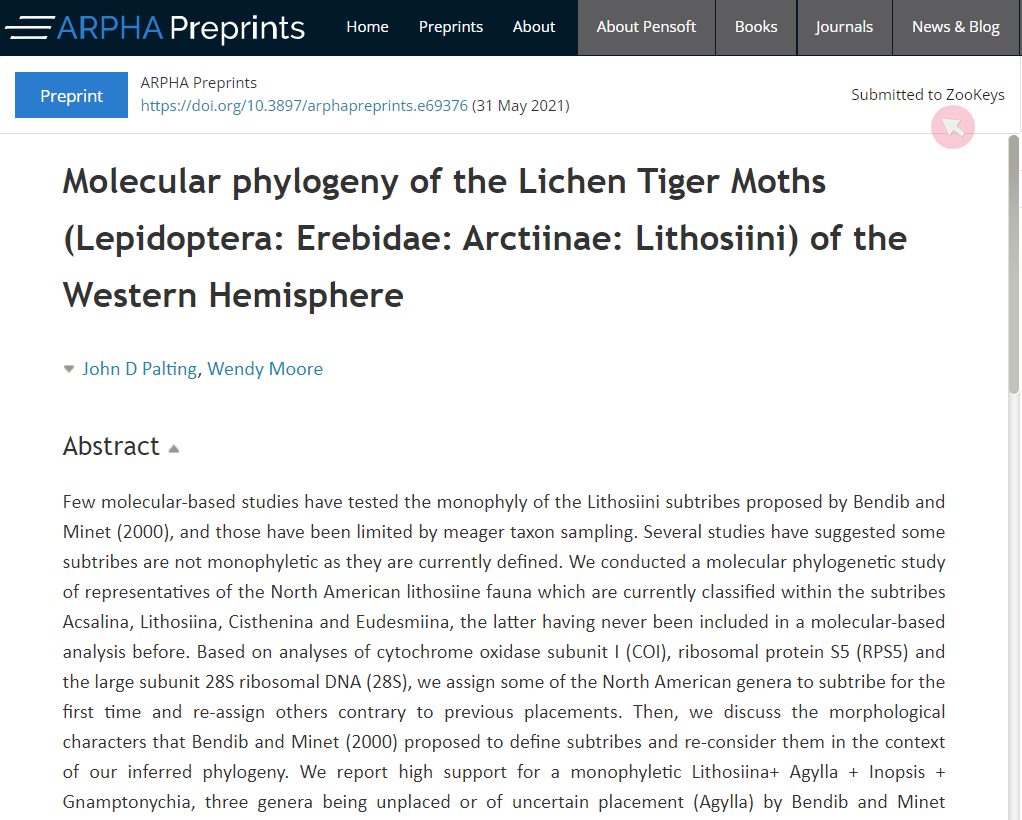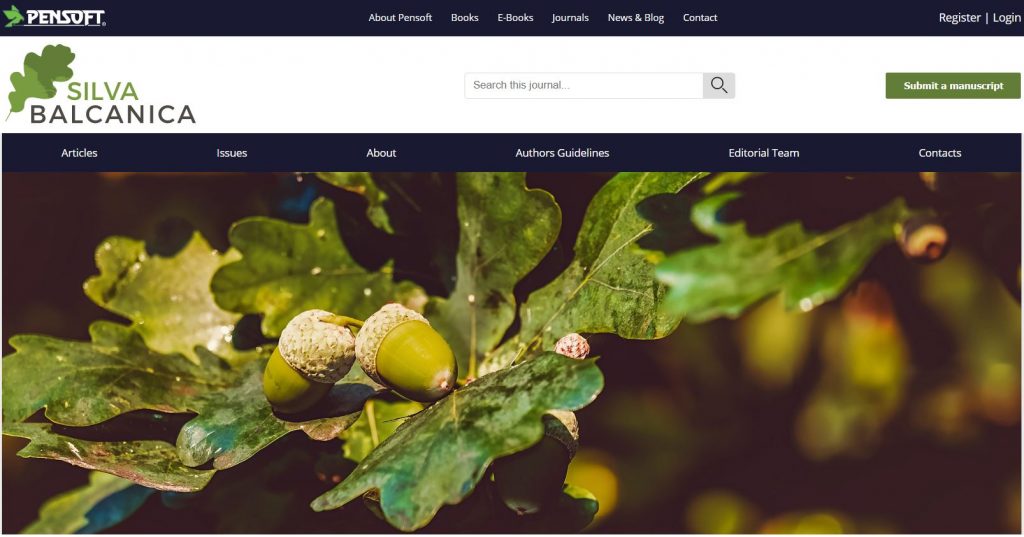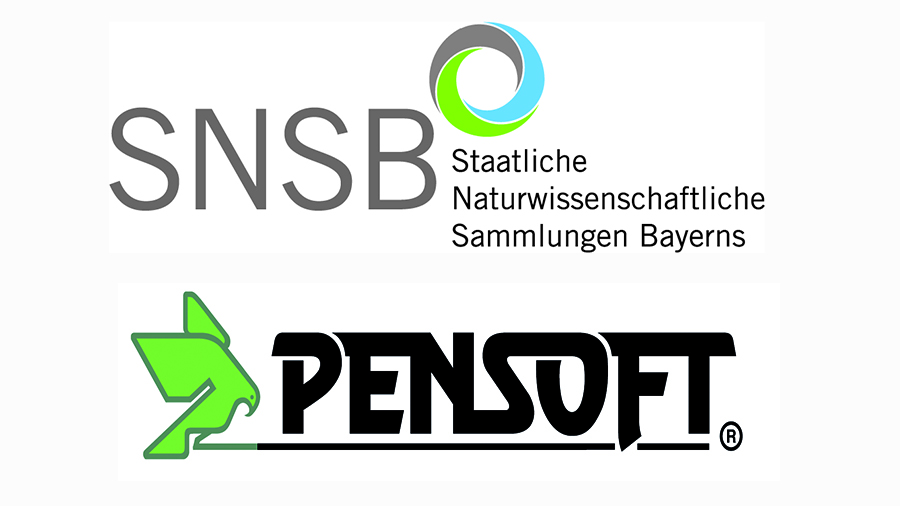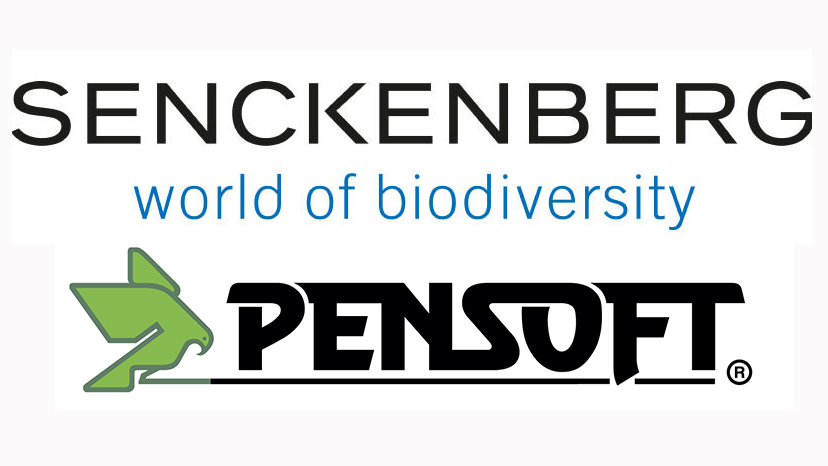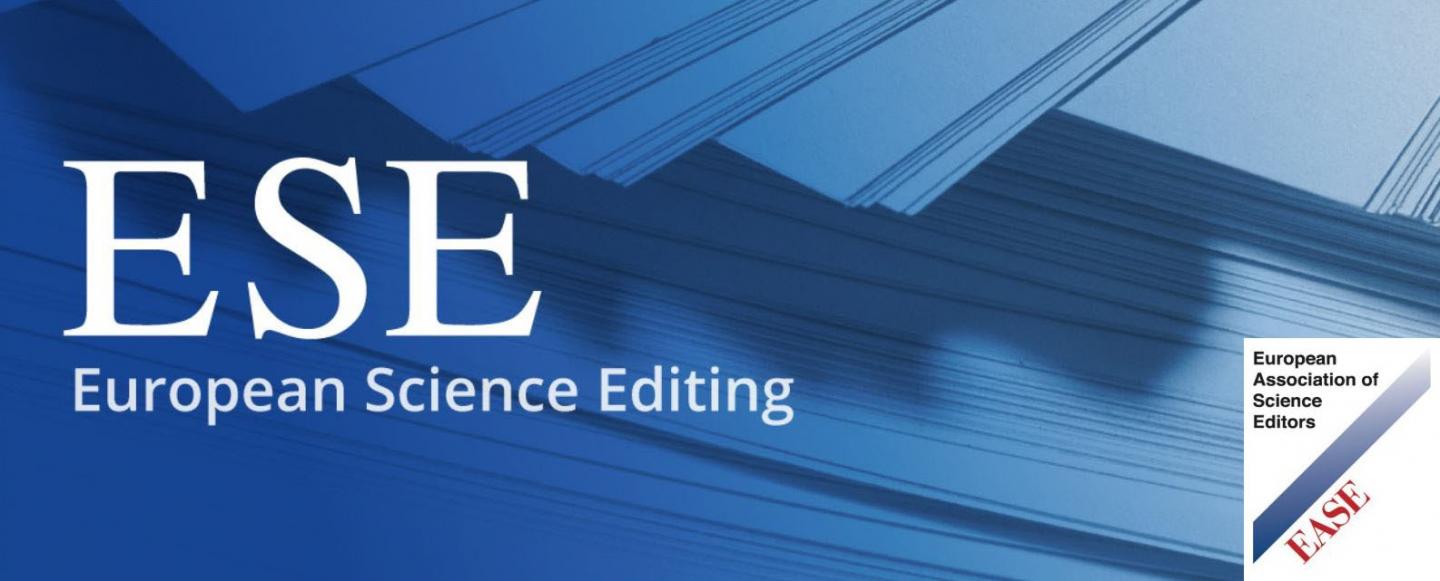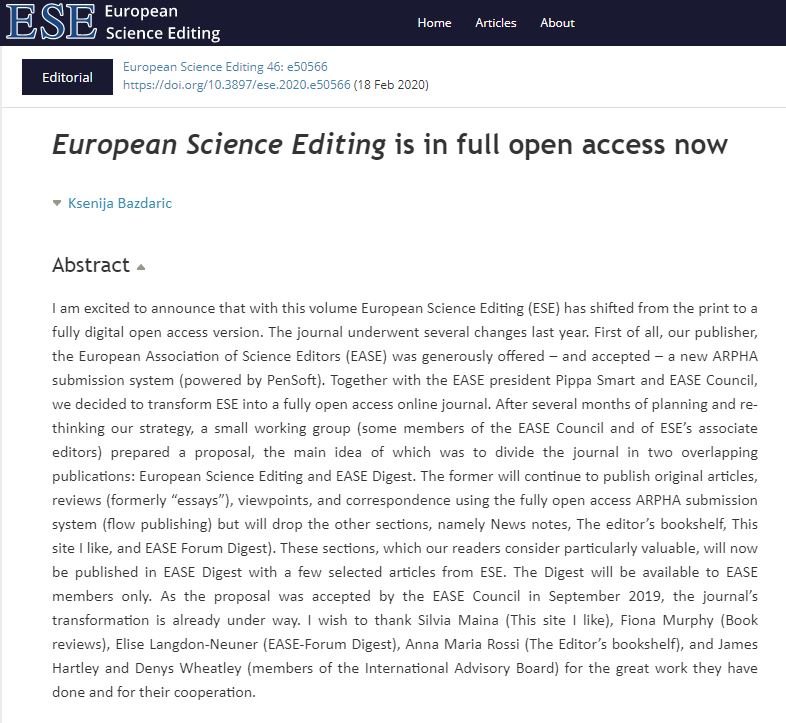As another year is drawing to a close, it’s time for us to evaluate what we’ve achieved to better our services, or, as we’d rather refer to those, our mutual collaboration with our client journals and publishers, as well as their users: editors, reviewers, authors and readers alike.
Without a doubt, 2020 has been an extraordinary year that posed plenty of challenges at both personal and professional level to everyone, everywhere in the world. Having said that, at ARPHA, we’re proud that our perseverance and dedication to never let down those who have put their trust in us have pulled us through, while ensuring that we close the year with a positive outlook.
In 2020, we saw the move of a total of 14 international scientific journals to ARPHA Platform of diverse origin, background and scientific fields:
- Food Modelling Journal
- Viticulture Data Journal
- Caucasiana
- European Science Editing
- Acta Biologica Siberica
- Plant Sociology
- Vegetation Classification and Survey
- Journal of European Landscapes
- Arthropod Systematics & Phylogeny
- Vertebrate Zoology
- Geologica Saxonica
- Zitteliana
- Bulgarian Cardiology
- Silva Balcanica
Some of them opted to use our white-label publishing solution, while others decided to sign up with Pensoft as a (co-)publisher. Browse the complete list of ARPHA-hosted journals on our website.
Naturally, we understand that each journal has its own needs and wants, in addition to its own short- and long-term plans and goals. This is why it is from day one that we assume responsibility to work closely together to ensure a personal, customer-centric approach at all times. One way to do this is by having our various services flexible and available as opt-in, mix-and-match features, so that journals can customise their own publishing solution.
Furthermore, based on our clients’ feedback, in addition to our in-house observations and know-how, we don’t cease to introduce new opportunities for journals to upgrade their functionality to the benefit of their own teams and users.
Below you will find an overview of the top new features and services ARPHA introduced in 2020:
- ARPHA Preprints
- Dedicated editorial workflow for Special Issues and Topical article collections
- Editor and reviewer application form
- Journal performance statistics
- Journal performance reports
- Workload statistics for reviewers and subject editors
- Review rating
- Contributor roles for co-authors
- Easy update of user expertise
- Integration with the research discovery app Researcher
ARPHA Preprints
In October, we officially launched ARPHA’s preprint platform, aptly named ARPHA Preprints. Frankly speaking, we’ve been planning for our own preprint platform for quite a while now, as we were determined to ensure the feature is ultimately convenient and beneficial to our journals and their authors. Undeniably, 2020 proved the perfect timing to see this idea ripe, as we’ve been witnessing a significant rise in preprints use and demand.
So, what’s it in ARPHA Preprints that stands out?
Available to all ARPHA Platform-hosted journals as an opt-in and free of charge service, ARPHA Preprints provides authors with the opportunity to post a preprint at the mere ‘cost’ of several clicks while submitting their article manuscript.
By doing so, their pre-review manuscripts appear on ARPHA Preprints in a matter of one to a few days’ time, subject to a quick screening performed at the journal’s editorial office, in order to verify the submission conforms with the journal’s scope and standards, and does not contain any unethical content or plagiarism. If the associated paper is published in the journal, a link between the article and preprint is provided to prompt the citation of the paper rather than the preprint. On the occasion that the article is rejected at the ARPHA-hosted journal, where it has been submitted, the preprint is disassociated from the journal.
Read more about ARPHA Preprints on our blog.
Dedicated editorial workflow for Special Issues and Topical article collections
Following a series of meetings with the editorial boards of our client journals, where we discussed the next steps in their plans in terms of journal development, we came up with the decision that we need a dedicated workflow to facilitate guest editors, who wish to propose a special issue or a topical article collection. Naturally, this workflow had to work just as convenient for the journal’s managing editors and everyone further down the line. Similarly to the ARPHA Preprints integration, we made this feature available to all ARPHA-hosted journals as an opt-in, free of charge service.
Firstly, we provided a clear information note on the key specifics, advantages and requirements for each article collection type. These are now available on the websites of all participating journals, in addition to an easy to spot proposal form, located on the journal’s homepage, in order to ensure that guest editors won’t be dissuaded by any technicalities.
Manuscript handling workflow at special issues / article collections in ARPHA-hosted journals
Secondly, by implementing direct proposal forms delivered straight to the Editors-in-Chief’s inboxes and easily visible on the journal website, as well as our distinguished highly automated manuscript handling workflow, we ended up with a smooth process that avoids potential delays, misunderstandings and annoying issues for everyone.
Read more about ARPHA’s approach to article collections and special issues on our blog.
Editor and reviewer application form
Similarly, after receiving valuable feedback from our client’s editorial board members, we figured that we could provide an easier application for subject editors at ARPHA-hosted journals.
At the request of a journal’s managing editor, we are ready to add a convenient Become an Editor button on the homepage of the journal that takes the applicant to an exhaustive, yet simple to fill-in form. Upon submission, the application is delivered straight to the Editor-in-Chief’s inbox providing him/her with all necessary information to make a decision and reply to the applicant.
By opting to add the feature, journals can make a simple, yet efficient step towards expanding the journal’s editorial team, thus optimising and expediting the editorial process, and naturally improving user satisfaction and journal performance.
Journal performance statistics
As we’re talking about journal development and striving for progress and success, the logical question is: how do we know what needs to be improved, revised or built upon? As always in science, the answer is: we need data and insight.
While we have had plenty of statistics available to Editors-in-Chief and managing editors for years already, we recently introduced several extra ones to provide further insight into the journal’s performance and how the numbers fare against those of previous months, quartiles or years.
So far, the Editors-in-Chief and managing editors have had access to:
- manuscript submissions at any moment and their status;
- publications and submissions for any period of interest;
- publications by article type for a period of choice;
- international representation based on lead author’s country for a period of choice;
- article views for a period of choice.
In 2020, we added statistics about turnaround times, so that the editors are aware of the average time submitted manuscripts spend at different stages (e.g. peer review or editorial decision). Also, they now have access to a record of all online mentions from across the Internet, including traditional and new media, blogs, Wikipedia, policy documents and many others, thanks to our partners at Altmetric.
Journal performance reports
Even though we already made all those data concerning a journal’s real-time performance readily available for Editors-in-Chief and managing editors, we knew we could do more. As open-research proponents, we are well aware that openness and free access is not quite the same as findability. So, we set up bi-annual reports to be delivered to the inboxes of Editors-in-Chief and managing editors as a convenient and regular reminder of the current progress of the journal compared to the last period.
In those reports, we point to the most recent statistics, concerning:
- current submissions and their status;
- submissions, publications and rejections;
- acceptance rate;
- turnaround times;
- average review invitations, declines and review rounds;
- authors by country;
- article views;
- online article mentions;
- Journal Impact Factor and CiteScore trends.
Furthermore, for journals using ARPHA’s Standard and Premium reporting services, we have prepared an extended report for the end of the calendar year, where they will find even more insights into the citability, outreach, readership and scholarly impact of their journals and their content. For Premium customers, the report will also feature a review and recommendations provided by ARPHA’s journal development team.
Workload for reviewers and subject editors
We know that prolonged peer review time presents a frustrating stumbling block for many otherwise renowned for their high standards and academic rigour journals. Striving to further optimise this process at ARPHA-hosted journals, we developed workload statistics and record of past activity for reviewers and subject editors, visible to the editor at the stage of assignment. Thus, the editor is able to give priority to users who aren’t busy with editorial/review assignments at the moment, and/or those who have a good record of past activity at the journal and/or similar journals on ARPHA Platform.
Review rating
Similarly, to further encourage diligence and speed in peer review at ARPHA-hosted journals, we offer our clients an optional feature where subject editors can evaluate submitted reviews using a 5-star rating system. As a result, the next subject editors will be able to see the average score of a reviewer before they assign him/her for the manuscript they’re handling.
Contributor roles for co-authors
Determined to always give credit where credit is due, while promoting transparency in academia and scholarship, we enabled submitting authors to assign each co-author with a role, depending on his/her primary contribution to the preparation of the manuscript. Thus, once published, a paper will clearly indicate the author who has, for example, conceptualised the study, developed the utilised software or written the original draft.
The options available in the drop-down menu follow CRediT (Contributor Roles Taxonomy): a high-level taxonomy, which includes 14 roles typically assumed by contributors to scholarly output.
Easy update of user expertise
As everything is (hopefully!) moving quickly in academia, we figured it’s time to take extra care after ensuring the users profiles in our systems are as relevant as possible. This is important, because ARPHA uses the expertise listed in a user’s profile to suggest reviewers and subject editors for each manuscript. So, in order to facilitate our editors and, ultimately, further expedite the peer review process at ARPHA-hosted journals, we’ve scheduled a few reminders throughout the year to prompt users to have a look at their profiles and update them, if necessary.
Integration with the research discovery app Researcher
Well aware of the fact that Open Science is way more than cost-free access to scientific and publicly funded knowledge, we understand that in the digital reality of today, the question is much more about findability and discoverability, i.e. the probability that you stumble across a particular research paper while browsing. This is why we’re continuously integrating our platform and the journals hosted on ARPHA with additional research discovery platforms used by scientists around the world to inform themselves about the latest findings in their fields of interest.
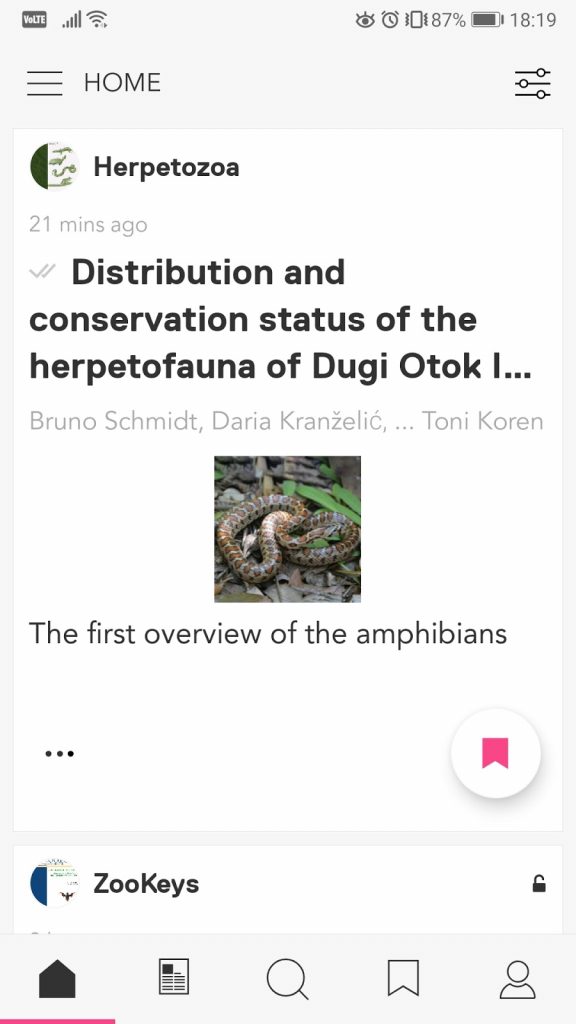
So, we recently collaborated with Researcher: an innovative mobile and web application, currently used by 1.8 million people globally, which allows you to set up your own social media-style feed of research papers by following your favourite academic journals or research topics. Now, all articles published in Pensoft’s journals – as well as participating journals using ARPHA’s white-label publishing solution – are continuously fetched by the app and delivered to their right audiences.
Read more about our integration with Researcher on our blog.
We are always looking forward to hearing from our clients about what they like or dislike in ARPHA, as well as their recommendations on what we could do better! You are welcome to contact us with your feedback and questions at: info@arphahub.com.
Follow @ARPHAPlatform on Twitter.


